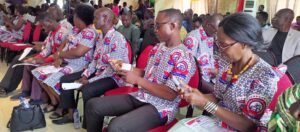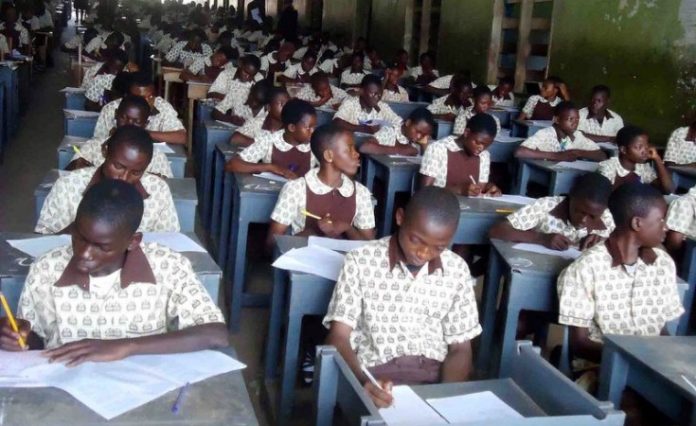The Ghana National Association of Private Schools (GNAPS) is demanding the abolition of a 30% Priority Placement Policy by the Ghana Education System (GES) which reserves for Public Schools 30% of all available vacancies in Category A schools before the rest of the 70% vacancies are allocated on merit to both Public and Private schools.
According to the Association, the system may deny children especially at the Low Cost Private Schools (LCPS) placement into the Category A Senior High Schools after managing to pay West Africa Examination Council’s exorbitant Basic Education Certificate Examination (BECE) charges.
GNAPS launched its 2023 week celebration on Thursday, February 27, 2023 in the Upper East Regional Capital, Bolgatanga with its Representatives and Stakeholders from across the Country.

The Association indicated that, the choice of the venue for the launch of this year’s celebration was informed by the fact that, the Upper East Regional branch of the Association has over the years proved to be one of the most vibrant in the country.
It also noted that, no region in Ghana exemplifies the Low Cost Private School phenomenon that the years’ theme discusses than the Upper East Region.
Speaking on the theme: “Education is a right: stakeholders must support low Cost Private School Children”, the National President of the Association, Dr Damasus Tuurosong urged government to scrap the 30% priority placement policy.
A system Mr Tuurosong described as “monster, unfair and corrupt which determines which child enters category A Senior High School” in Ghana.
He wondered why the Ghana Education Service offers placement advantages to public schools at the expense of LCPS children; a system he said is a cruel way of forcing children to abandon private schools for public schools.
He therefore urged the Ministry of Education to abolish the policy since children in the Low Cost Private Schools are more economically disadvantaged than those in the Public schools.




